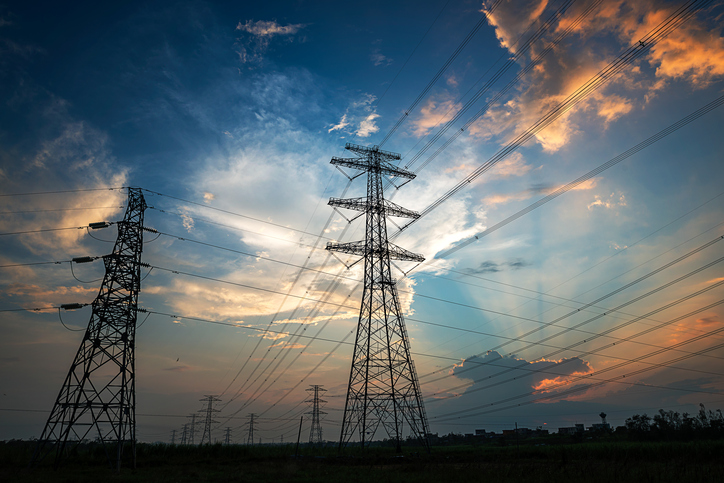The Energy Networks Association (ENA) has launched the first consultation on its ‘Electricity Network Innovation Strategy’ in an effort to identify the challenges posed by the changing UK energy system and how to tackle them.
Energy network companies announced early this month that they would rally behind such a strategy, which is to be designed to set out how network companies will provide value for money from innovation projects.
This followed a stark warning from the regulator Ofgem that the firms should expect tougher price controls in the future to “ensure that Britain’s energy networks deliver even better value for customers.”
The ENA has now begun the process of addressing the next period of price controls, known as RIIO-2, with a call to stakeholders for views on how to shape the future of the future of network innovation.
The Electricity Network Innovation Strategy is intended to ensure that all the relevant network licensees work together in relation to innovation to deliver coordinated action on priority areas such as reducing cost to the customer, increasing service reliability and supporting the low carbon economy.
The ENA says it is “critical” that the strategy considers the full range of funding bodies and platforms involved in the energy sector, such as Innovate UK, the ENA Open Networks Project, Energy Systems Catapult and the Industrial Strategy Fund.
To this end, the trade body has identified a number of challenge priorities that the strategy will aim to tackle and is seeking views on the suitability of its choices and how best to approach them.
The active role the ENA is taking to attract input from the widest possible range of stakeholders is thought to have been welcomed by many within the networks sector.
Geoff Murphy, lead engineer in the commercial and innovation team at Scottish Power Energy Networks, said: “As we move to a low carbon economy, we are seeing a massive change in the energy system with the increase in low carbon distributed generation, electric vehicles, storage and flexibility services such as demand side response.
“Along with opportunities, these changes also present challenges and innovation will play a fundamental role in addressing them. A customer-centric approach to tackling these challenges must be at the heart of the Innovation Strategy in order for it to be successful, which is why stakeholder engagement and feedback must be encouraged. It is important the widest possible range of stakeholders are engaged and have the opportunity to take part in this process.”
The deadline for responses to the online questionnaire is 17:00 on 6 October 2017 and feedback will then be used to feed into the draft Electricity Network Innovation Strategy document.






